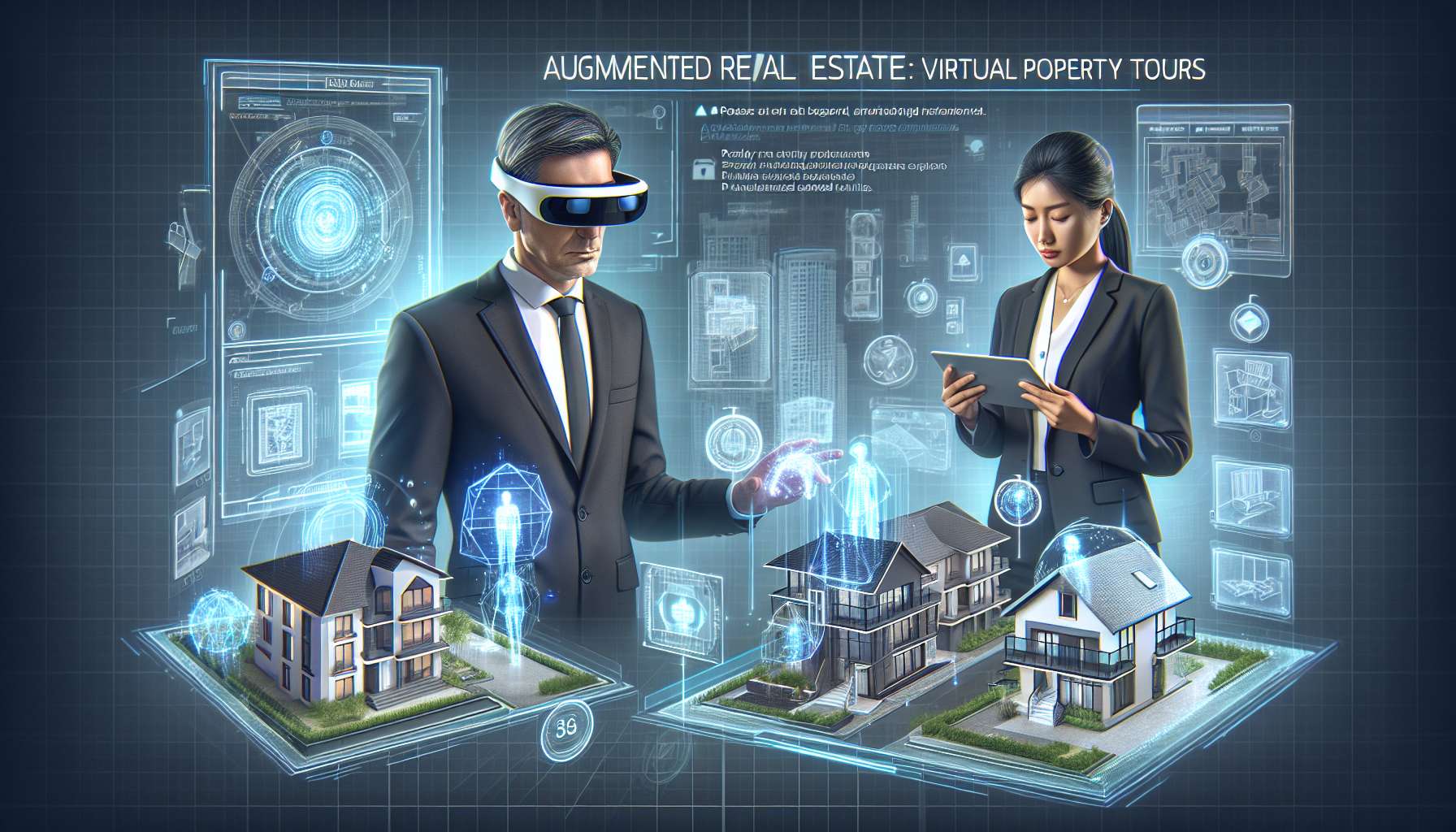Augmented reality (AR) is revolutionizing the real estate industry by offering immersive virtual property tours to potential buyers. This innovative technology allows users to visualize properties in a realistic way without physically being present at the location.
Enhancing Property Viewing Experience
AR technology enables real estate agents to provide interactive and engaging property tours to clients. By simply using a smartphone or AR headset, buyers can explore every corner of a property as if they were actually there. This not only saves time for both parties but also enhances the overall viewing experience.
- Virtual Walkthroughs: AR allows users to take virtual walkthroughs of properties, giving them a sense of the layout and space.
- Interactive Features: Users can interact with virtual elements such as furniture placement or color schemes to customize the space according to their preferences.
- Accurate Measurements: AR tools can provide accurate measurements of rooms and spaces, helping buyers make informed decisions.
Benefits for Real Estate Professionals
AR technology offers numerous benefits for real estate professionals, making their job easier and more efficient.
- Increased Sales: Virtual property tours can attract more potential buyers, leading to increased sales and faster transactions.
- Cost-Effective: AR eliminates the need for physical staging and multiple in-person visits, saving time and resources for agents.
- Global Reach: With AR, properties can be showcased to a global audience, expanding the reach of real estate listings.
The Future of Real Estate Marketing
As AR technology continues to advance, the future of real estate marketing looks promising. Virtual property tours are becoming increasingly popular among buyers and sellers, offering a convenient and immersive way to experience properties.
- Personalized Experiences: AR can provide personalized property tours based on individual preferences and requirements.
- Remote Viewing: Buyers can view properties remotely from anywhere in the world, making the buying process more accessible and convenient.
- Data Analytics: AR tools can collect valuable data on user preferences and interactions, helping real estate professionals tailor their marketing strategies.
In conclusion, augmented reality is transforming the real estate industry by offering virtual property tours that enhance the buying experience for clients and streamline the selling process for agents. As AR technology continues to evolve, we can expect to see more innovative applications that revolutionize the way properties are marketed and sold.








